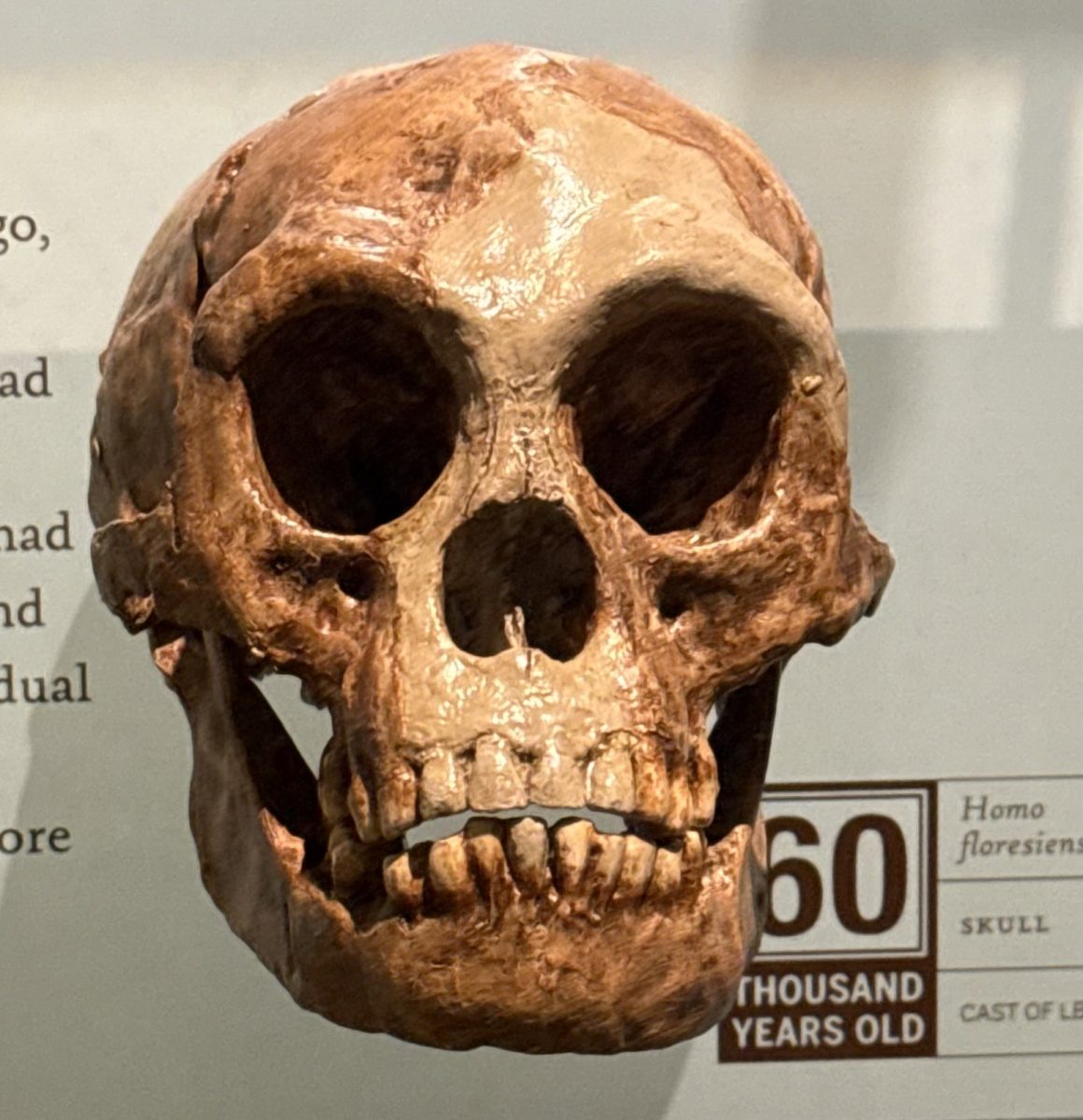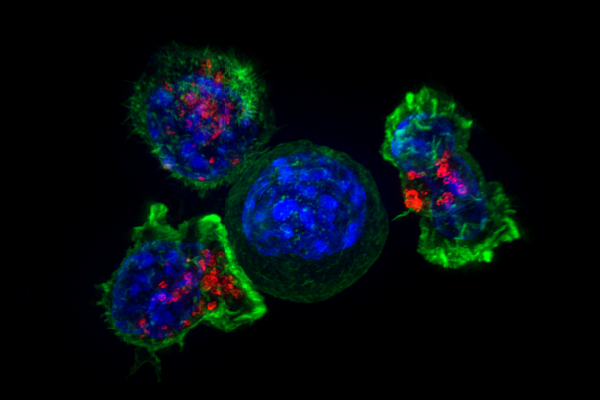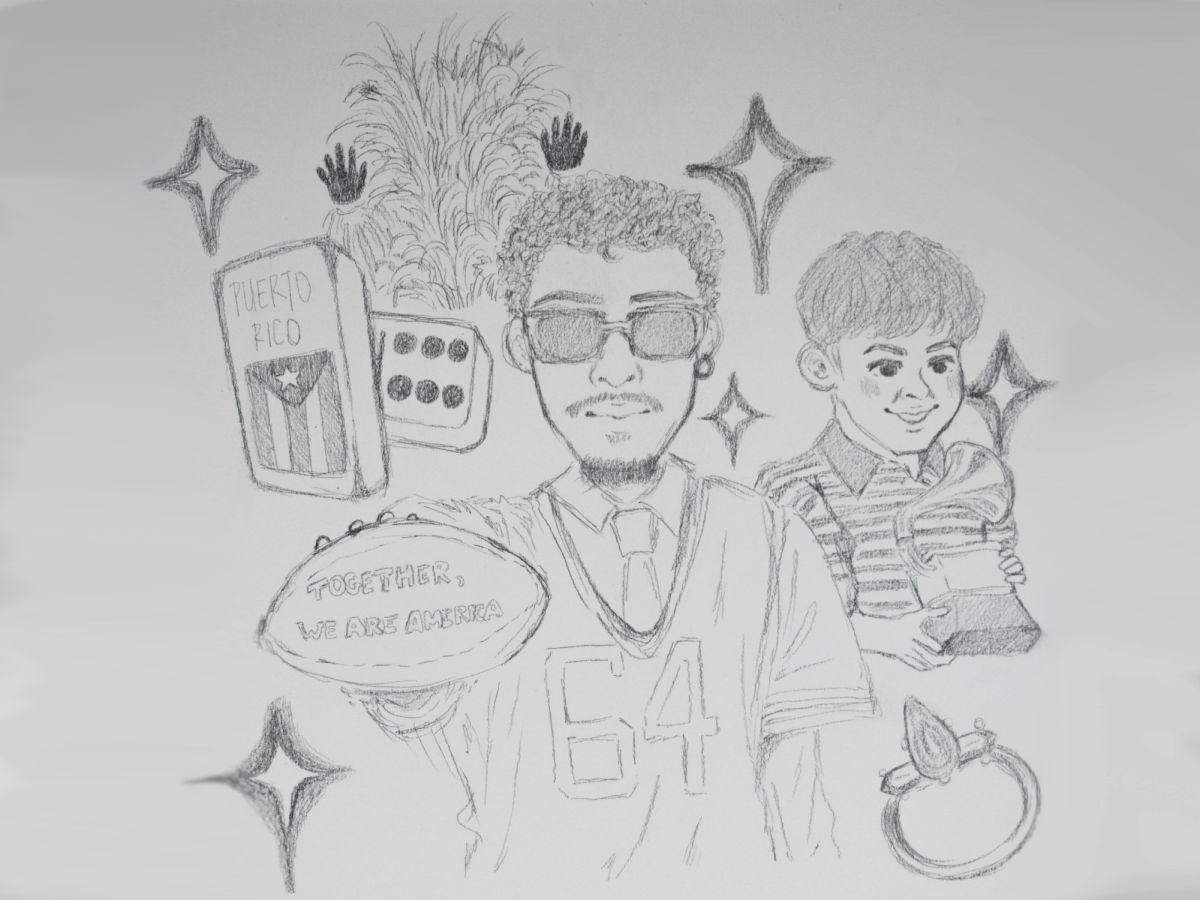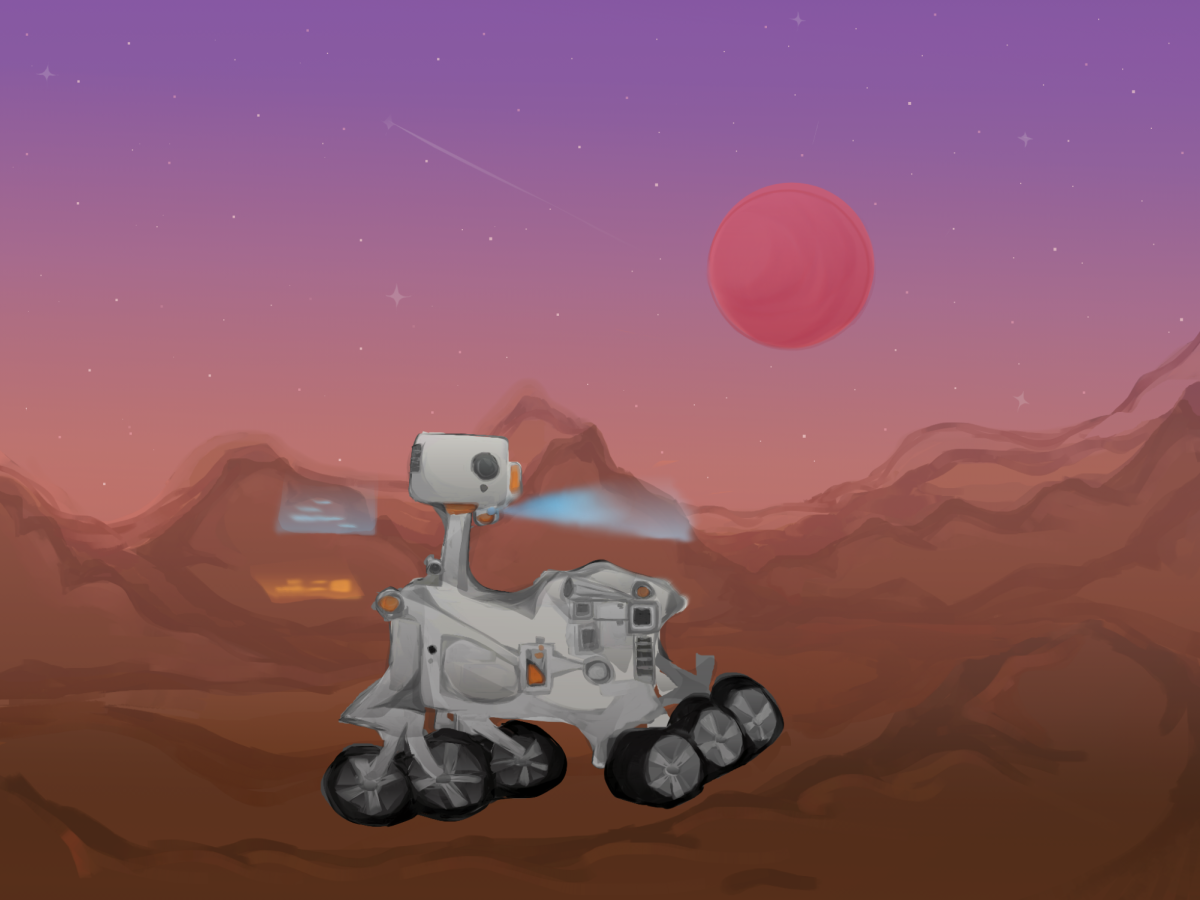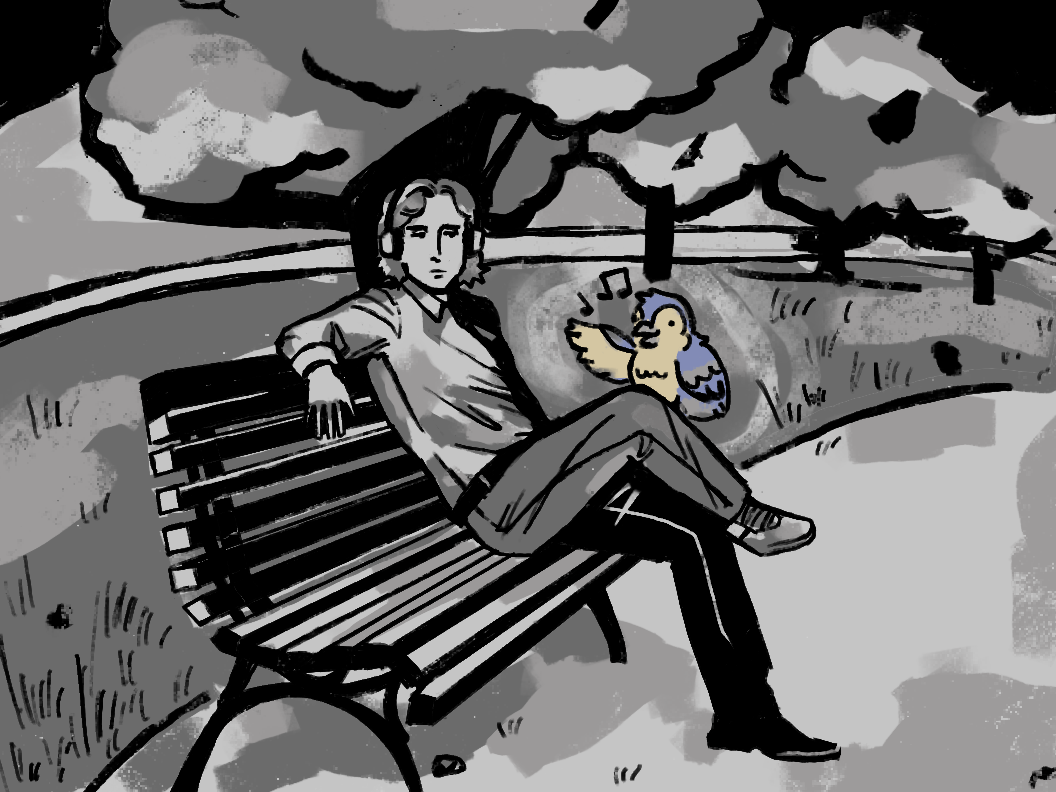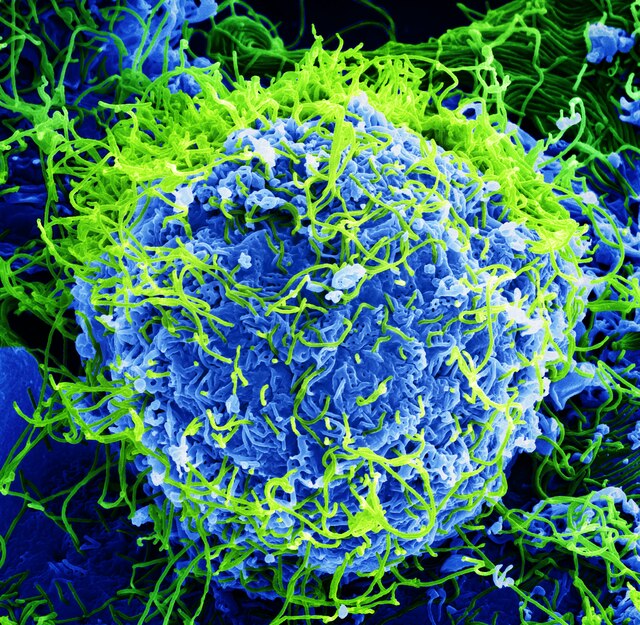The evolution of human brains may have been deeply influenced by social bonds and prolonged childhoods, rather than brain size alone. New research, based on the analysis of fossilized teeth from early Homo species found in Georgia, indicates that cultural learning and extended dependence on adults were key factors in the evolution of human cognition.
This finding challenges the long-held assumption that larger brain size was the primary driver of human intelligence. The study of fossilized teeth has been crucial to understanding the developmental stages of ancient human ancestors. Through synchrotron imaging, an advanced technology that allows scientists to examine the microscopic structure of fossilized teeth, researchers have uncovered growth patterns that reveal prolonged developmental stages in early Homo fossils. Teeth grow in layers, and these layers can be analyzed to estimate the age at which a person reached certain milestones in life.
The researchers’ findings suggest that early Homo species experienced extended childhoods, with slow growth rates compared to modern apes. These teeth reveal that early humans spent more time in a dependent juvenile phase, a period critical for acquiring survival skills and learning from older generations. “Dental development is strongly correlated with the development of the rest of the body, including brain development,” Christoph Zollikofer, professor of anthropology at the University of Zurich and first author of the publication, said.
The slow growth rates identified in these teeth suggest that early Homo species, despite having smaller brains, experienced much longer periods of dependency on adults compared to modern apes. This extended childhood likely facilitated social learning, a key factor that may have driven the expansion of our brains over time.
This research shows how teeth can serve as more than just tools for understanding nutrition and health. Fossil teeth, which are often the most preserved part of ancient humans, have become key to understanding how early humans grew and developed. They act as records of early human development and provide critical evidence of the social structures that may have shaped brain evolution. The correlation between childhood duration and brain expansion suggests that social learning, passed down through generations, was central to the survival and thriving of early humans.
Additionally, the study of fossil teeth not only elevates our understanding of human evolution—it could also have implications for the modern field of dentistry. Understanding how early humans developed and how their dental patterns reflected extended childhoods could lead to better diagnostic tools in dentistry today. For instance, insights into the enamel development in teeth can help researchers understand growth patterns in modern populations, shedding light on childhood development, nutrition and potential genetic diseases that impact tooth growth.
By linking dental growth patterns to evolutionary traits, dentists could gain a more comprehensive understanding of how our teeth and jawbones have evolved to support both survival and cognitive development. The insights gained from fossilized teeth could also inform modern orthodontics, especially when studying the growth of juvenile teeth and predicting developmental issues in children today.
Moreover, as dental care increasingly emphasizes holistic health and early intervention, these findings could also inspire a new approach to pediatric dental care, emphasizing the importance of prolonged care during childhood. Recognizing that the first years of a child’s life are crucial not just for physical growth but for social learning and brain development could lead to more tailored and effective dental health practices for children.
For modern dentistry, the study of fossilized teeth offers more than just a glimpse into human development; it opens new possibilities for enhancing pediatric care, orthodontics and the overall understanding of human health. By expanding our knowledge of how teeth and growth patterns shaped the human experience, dentists can better diagnose, treat and prevent dental issues in contemporary populations.
This research underscores the importance of social interactions in human evolution. By challenging the idea that brain size alone led to the development of human intelligence, it highlights the crucial role that social structures, cultural learning and extended childhoods played in shaping the evolution of the human brain. Early Homo species thrived not by having larger brains alone, but by developing intricate social bonds that promoted learning, cooperation and survival.


